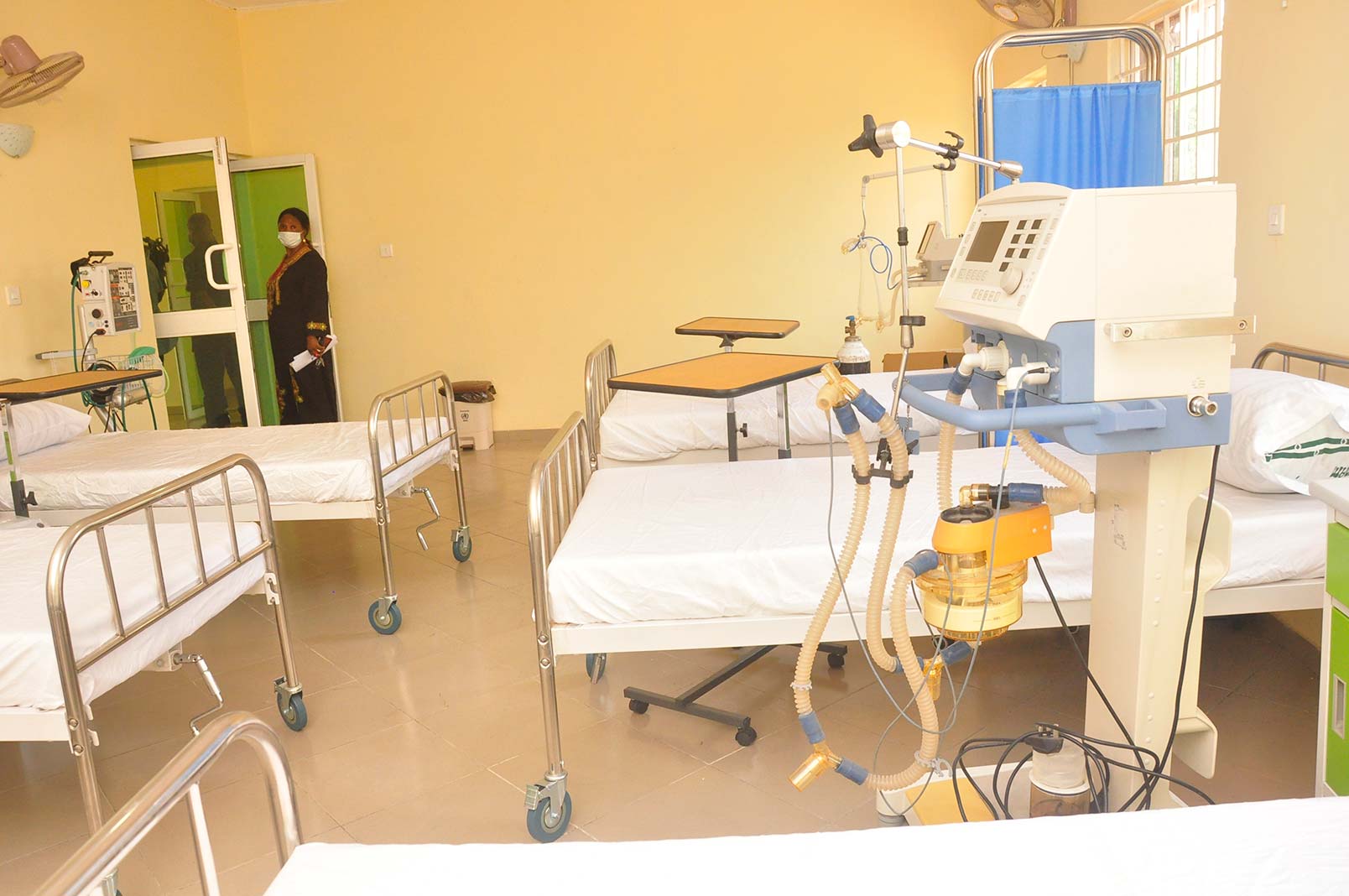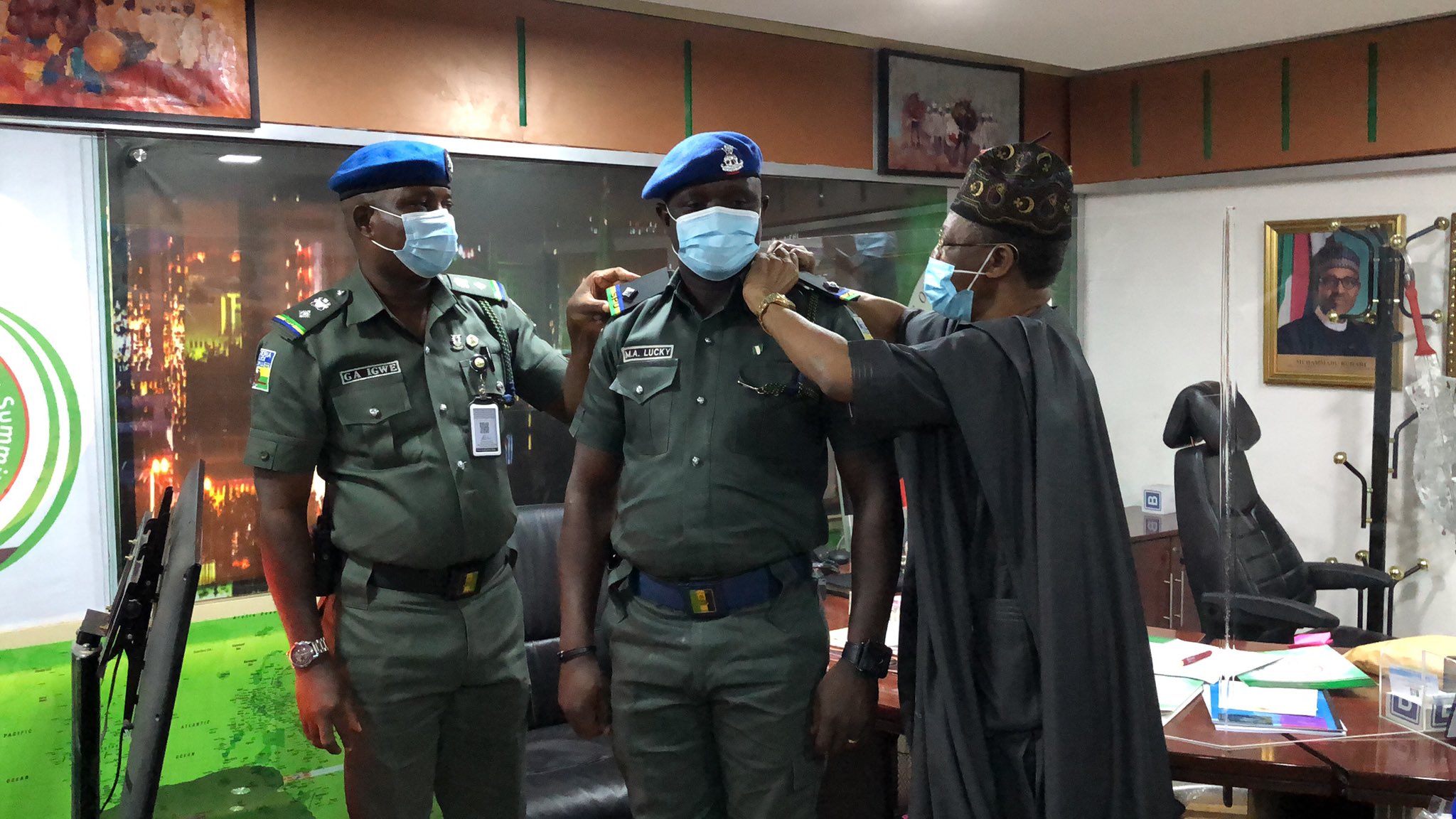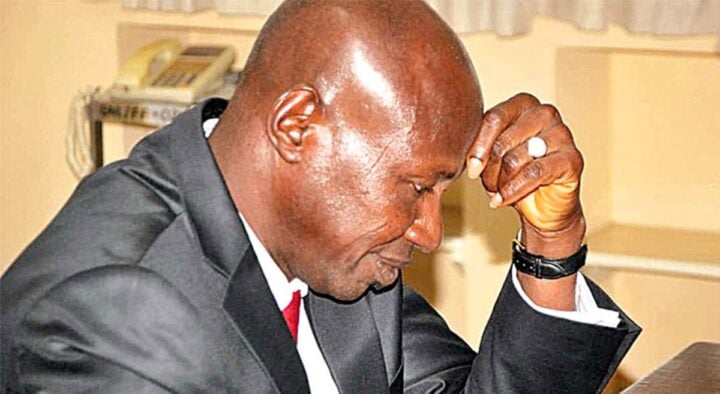BY TOLUWANI OLUWATOLA
On December 17th, 2020, TheCable published the investigative report of one of its journalists, Chinedu Asadu, who went undercover in Akwa Ibom state, to uncover how hospitals practice ‘medical apprenticeship’ by training and employing unqualified nurses under the guise of an unlicensed auxiliary nursing program they operate. The report detailed how hospitals run unaccredited training programs like an apprenticeship, train, and certify ‘nurses’ to be fit for private practice, and some of the time employing them. This report though grimy is a sad reflection of what is obtained across many states of the federation where auxiliary nurses manage patients and sometimes owning a practice themselves. Growing up in a rural town in Osun State, I had a first-hand experience of how this nurse training runs in private clinics where my family sought medical care. The situation did not change as we moved from one private facility to another.
Underpinning this sad reality and practice of ‘quackery’ are the country’s health workforce’s challenges. As of 2018, Nigeria had about 74,543 registered medical doctors and 180,709 registered nurses. However, not all registered doctors and nurses practice in the country; the Nigeria Medical Association puts the number of doctors practicing in the country at 40,000, as others have sought greener pastures elsewhere. The country falls short of the minimum number of 23 doctors, nurses, and midwives per 10,000 population stipulated by the world health organization. The challenge of an inadequate number of healthcare providers is further compounded by the distribution of healthcare providers in the country; more healthcare providers practice in urban areas with better facilities and remuneration at the rural regions’ expense. The attempt to bridge the shortfall of the inadequate number of healthcare workers practicing in rural areas is one of the driving forces behind this practice. Addressing it, therefore, will require a holistic approach which will include;
Community Engagement and Sensitization: Sensitizing the community about the medical apprenticeship’s dangers will be a good starting point to stop this menace. Community members patronize this practice by enrolling their wards in these programs, therefore perpetuating the act. It is essential for professional licensing bodies to roll out community sensitization programs, especially in rural areas where this practice is commonplace. It will also help engage traditional and religious institutions in driving this campaign because of their influence in rural communities.
Advertisement
Fixing Public Primary Health Care: Nigerians perceive private healthcare providers to be of better quality than public healthcare providers; this is especially true for levels of care lower than the tertiary level of care; this perception stems from experiences that people have had with the public healthcare providers over the years and has led many people to seek care in private hospitals. In a bid to keep up with the patient load and maximize profit, some private providers have resorted to this act of quackery. Fixing the public primary health care system will boost the citizens’ confidence in the design and make more people, especially in rural areas, seek care from public facilities. The workforce challenge of the public health care system is adequately catered for by the task shifting and task sharing policy for essential health services in Nigeria policy and other government interventions; therefore, it has fewer challenges with quackery practices. Having a public healthcare system with qualified professionals and infrastructures that match the care provided level will provide a better alternative to the ‘quality care’ received in many stand-alone private facilities. Fixing the public healthcare system might involve public-private partnership agreements in which government funds, but the organized private sector runs public healthcare facilities to maximize the system’s efficiency.
Effective surveillance systems: To deal with quackery, enforcement of standards through a sound surveillance system and offenders’ punishment is a sin-qua-non. Surveillance is one of the core responsibilities of professional licensing bodies like the Medical and Dental Council of Nigeria, Nursing and Midwifery Council of Nigeria. However, the fact that these practices have thrived over the years calls into question the surveillance’s effectiveness as it currently operates. It is essential that these bodies’ surveillance units are appropriately funded, equipped, and decentralized to carry out their roles effectively throughout the states of the federation.
A strengthened health system is only possible with an appropriately skilled and adequate workforce. The practice of medical apprenticeship will only make this a tall order and perpetuate quackery in the health system. The time is ripe for policymakers in the health space to prioritize its elimination.
Advertisement
Toluwani Oluwatola is a dentist with an interest in health systems and health financing. He can be reached at [email protected]






